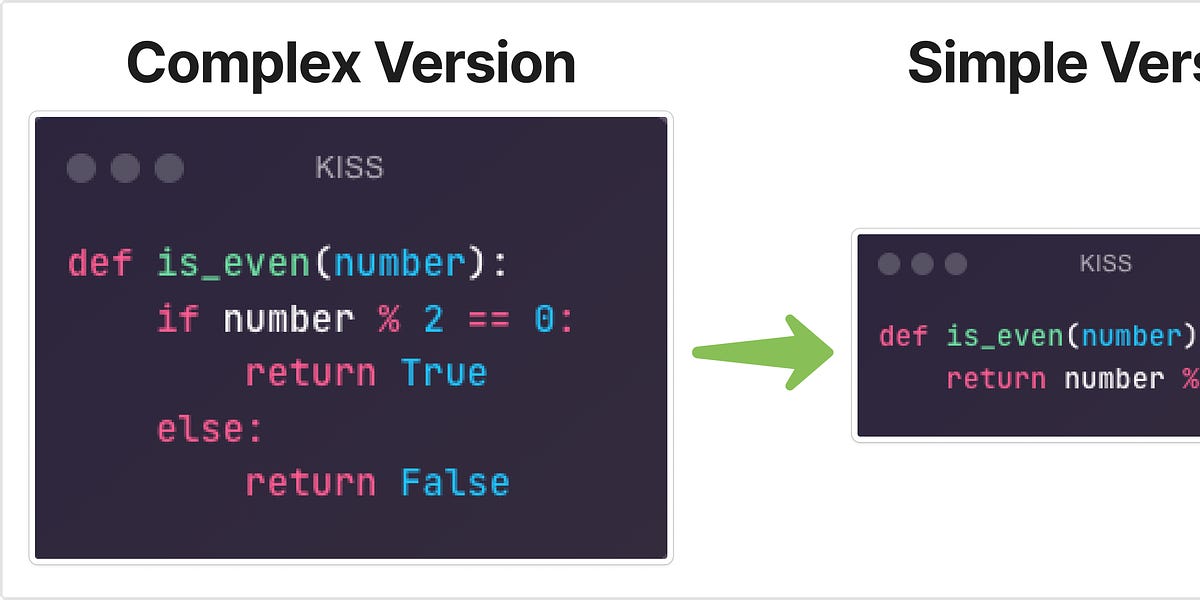Today’s issue of Hungry Minds is brought to you by:
Happy Monday! ☀️
Welcome to the 1086 new hungry minds who have joined us since last Monday!
If you aren’t subscribed yet, join smart, curious, and hungry folks by subscribing here.
🍔 THIS WEEK’S MENU 🥗
📚 Software Engineering Articles
Learn how we survived 10k requests a second with signed asset URLs.
Discover how Pinterest replaced their analytics database to enhance performance.
Demystify session management with cookies, tokens, and security.
Explore scaling apps to 100 million users on Google Cloud Platform.
Master essential design principles every developer should know.
🗞️ Tech and AI Trends
OpenAI's strategic search deal with Conde Nast sets new industry standards.
Learn about GitHub's AI-powered fixes for enhancing code security.
Microsoft’s upcoming AI search feature sparks controversial discussions in tech communities.
👨🏻💻 Coding Tip
Use the Facade design pattern in Java to simplify complex subsystem interactions.
Reading time: 5 minutes

Product for Engineers is a newsletter from PostHog dedicated to helping engineers improve their product skills.
Learn how to talk to users, build new features users love, and fine product market fit.
Subscribe for free to get curated advice on building great products, lessons (and mistakes) from PostHog, and deep dives into the strategies of top startups.

Food for Thought
A mindset, an example, and an action item to start the week
"Whether you think you can or you think you can't, you're right."
Mindset: Belief is the first step to achievement; change your mindset, change your outcome.
Example: Apple's "Think Different" campaign epitomized this quote, inspiring a generation to challenge the status quo.
Action: Identify one area of your life where you're currently doubting your abilities, and reframe it as "I can."

The Rabbit Hole
Deep dives, trends, and resources curated to stay ahead
💾 SIDE DISHES 💾
ESSENTIAL (int in a pickle)
What does it mean to initialize an int?
ARTICLE (new language, who dis?)
You should make a new programming language
ARTICLE (game on collision)
Collision detection algorithms
GITHUB REPO (ai-beginners-unite)
Generative AI for Beginners
ARTICLE (grid it like it's hot)
CSS Grid Areas
ARTICLE (postgres love story)
Just use Postgres
ARTICLE (google blues)
Postmortem of my 9 year journey at Google
ARTICLE (stripe's speedy dev world)
Stripe's monorepo developer environment
ARTICLE (protobuf turbo mode)
Parsing Protobuf at 2+GB/s: How I Learned To Love Tail Calls in C
ARTICLE (refactor dance-off)
Good Refactoring vs Bad Refactoring

The Weekly Digest
Software, AI, and startup news worth your time
Brief: OpenAI partners with Condé Nast to integrate ChatGPT into their digital products, aiming to revolutionize the search experience for readers and consumers.
Brief: Researchers introduce Automated Design of Agentic Systems (ADAS), enabling a meta agent to automatically invent and optimize intelligent agents, showcasing potential for robust and general AI applications.
Brief: Ideogram 2.0 is now available for free, featuring new image styles, an iOS app, and a developer API, enabling users to create diverse images with superior quality and precision.
Brief: Cursor is transforming coding efficiency through AI, gaining 30,000 customers and raising $60M in Series A funding to continue advancing its technologies.
Brief: GitHub's Copilot Autofix service provides automated code vulnerability analysis and remediation, enabling developers to quickly fix issues like SQL injection and cross-site scripting.
Brief: Microsoft plans to test its Recall AI search feature in October for Windows Insiders, despite security concerns about automatically capturing user activity.
Brief: Samsung introduces its first glasses-free 3D gaming monitor, the Odyssey 3D, leveraging eye-tracking technology to enhance visual experiences, though pricing details remain unknown.

The Quick Byte
One coding tip because you’re technical after all
This week’s coding challenge:
This week’s tip:
The Facade Design Pattern is a structural design pattern that provides a simplified interface to a larger, more complex subsystem. It acts as an abstraction layer, hiding the complexities of the underlying system and exposing only the necessary functionality to the client.

Wen?
Complex Subsystems: The Facade pattern is particularly useful when working with large, complex subsystems that have many interdependent classes, interfaces, and dependencies. The Facade simplifies the interaction with these subsystems.
Decoupling Clients: By providing a high-level interface, the Facade pattern decouples the client from the implementation details of the subsystem, making the client code more maintainable and less prone to changes in the underlying system.
Reusability: The Facade pattern promotes code reuse by encapsulating common functionality and exposing it through a simple interface, allowing different parts of the application to utilize the same Facade.
Why?
Simplified Interface: The Facade pattern provides a simple, unified interface that hides the complexity of the underlying subsystem, making it easier for clients to use and understand.
Improved Testability: By isolating the subsystem behind a Facade, it becomes easier to test the client code independently, as the Facade can be mocked or stubbed during testing.
Flexibility and Extensibility: The Facade pattern allows the underlying subsystem to be modified or extended without affecting the client code, as long as the Facade's interface remains the same.

Burp-A-Laugh
The most important meal of your day

That’s it for today! ☀️
Enjoyed this issue? Send it to your friends here to sign up, or share it on Twitter!
If you want to submit a section to the newsletter or tell us what you think about today’s issue, reply to this email or DM me on Twitter! 🐦
Thanks for spending part of your Monday morning with Hungry Minds.
See you in a week — Alex.
Icons by Icons8.
*I may earn a commission if you get a subscription through the links marked with “aff.” (at no extra cost to you).











